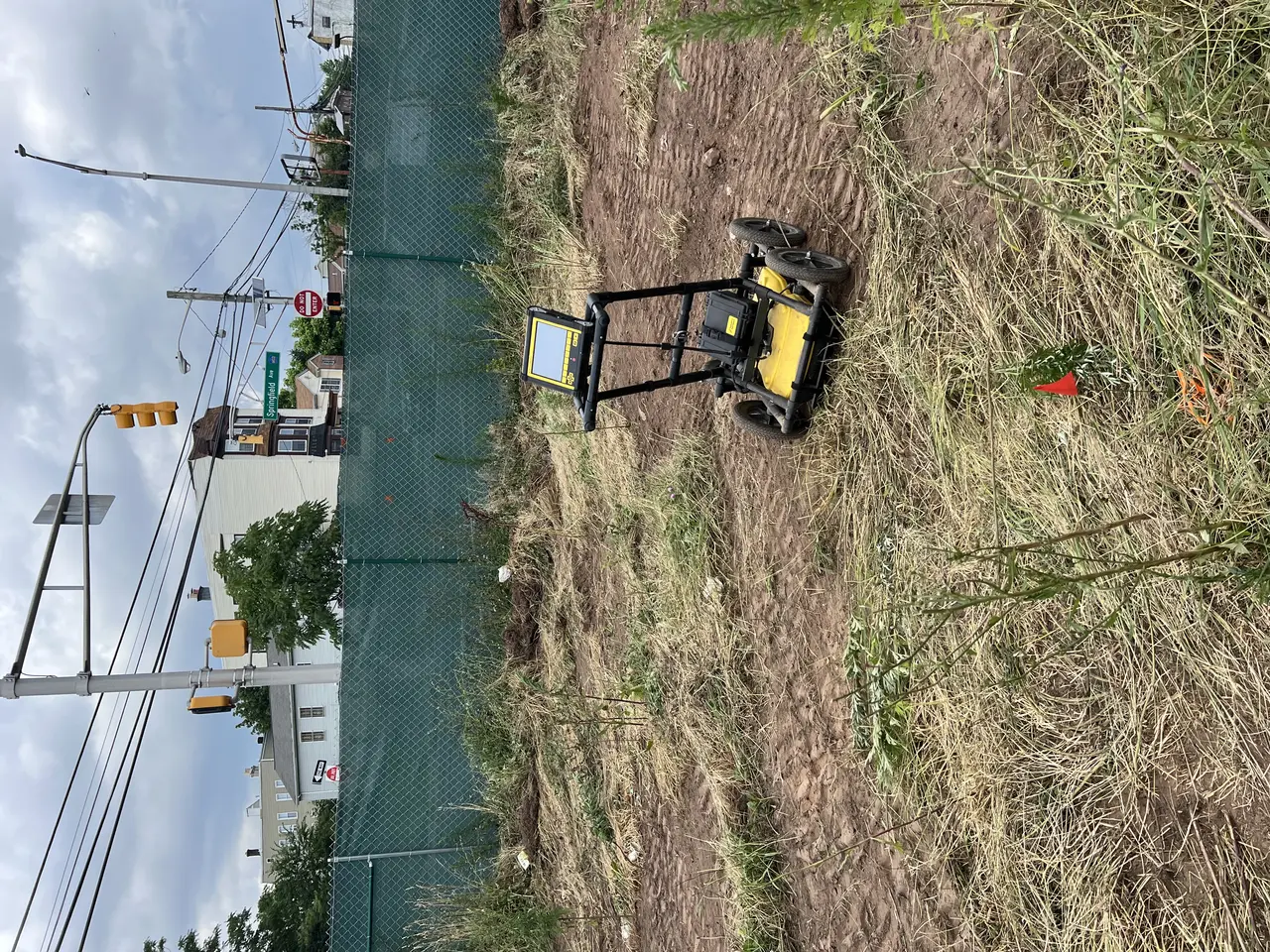12 Common Signs There Might Be an Underground Tank on Your Land
Have you ever wondered about the secrets buried beneath your feet? Discovering an underground tank on your property could be an unexpected treasure trove or a cause for concern, depending on its contents and condition. Here are the tell-tale signs to look out for, ensuring you're not standing on top of a potential issue—or a piece of history!
1. Unusual Vegetation Patterns
Have you noticed plants in your garden growing in an unexpected way, or perhaps areas where the vegetation seems unnaturally lush or sparse? These patches might not just be the result of peculiar gardening habits but could indicate the presence of an underground tank. Tanks can affect soil composition and moisture levels, creating distinct vegetation patterns above ground that are worth keeping an eye on.
Another intriguing aspect of unusual vegetation patterns is the way they can inform us about the underground environment. For instance, if a tank leaks substances into the soil, this can either inhibit plant growth, resulting in barren patches, or conversely, some substances might act as fertilizers, causing certain areas to flourish unexpectedly. Observing these anomalies can provide the first clue to what lies beneath.
2. Patches of Discolored Soil
Discolored patches of soil can be perplexing. While they might sometimes be attributed to natural soil variation, they could also indicate leakage from an underground tank, especially if these areas correspond with other signs of an underground tank. Substances leaking into the soil can change its color, texture, and even smell, offering visible cues to the attentive observer.
3. Visible Pipes with No Apparent Source
Stumbling upon a pipe emerging from the ground without a discernible origin or endpoint can be quite the mystery. These pipes could be ventilators for underground tanks, hinting at something more beneath your property. While not all mysterious pipes indicate hidden tanks, they're a sign worth investigating further, especially if accompanied by other indicators.
4. Odd Smells in the Yard
Catching a whiff of something unusual in your yard? Odd, persistent smells can suggest a variety of things, but when you can't trace the source, it's time to consider the possibility of an underground tank releasing fumes. These odors could range from oil or gas-like smells to other chemical scents, depending on the tank's contents.
5. Areas Where Nothing Grows
If there's a patch in your yard where nothing seems to grow despite your best efforts, it could be due to more than just poor soil quality. An underground tank can create an 'environmental shadow' that affects plant growth directly above it, making this barren patch an indicator that warrants a closer look.
6. Sudden Changes in Earth Grading
Changes in the landscape of your yard, such as unexplained dips or mounds, can be a telltale sign of an underground structure settling or shifting the earth above it. If the topography of your garden changes without a clear reason, consider the possibility of an underground tank.
7. Localized Wet Spots on Dry Days
Finding wet spots or puddles in your yard on days when it hasn't rained could hint at the presence of an underground tank. These anomalies might be due to the tank leaking liquids, which then seep into the surrounding soil, creating localized wet areas.
8. Mysterious Rises in Water Bills
An inexplicable increase in your water bills could be pointing to a leakage issue—not in your home, but possibly from an underground tank. If you've ruled out all household causes for the spike in water usage, it's worth considering an underground source.
9. Higher Than Average Fuel Costs
Similar to mysterious increases in water bills, unexpected rises in fuel costs for homes using heating oil could indicate a leak from an underground storage tank. Keeping an eye on your fuel consumption and costs can help uncover hidden issues below the surface.
10. Detection of Chemicals in Groundwater
If water testing reveals the presence of chemicals typically stored in tanks, this could be a direct indication of an underground tank affecting your groundwater. Regular testing of well water or other groundwater sources on your property can be a proactive way to detect hidden tanks.
11. Unexplained Health Issues
Sometimes, the signs of an underground tank are not visible but can be felt. Unexplained health issues, particularly those affecting the respiratory system or caused by exposure to certain chemicals, might be traced back to emissions or leaks from an undetected underground tank.
12. Historical Prevalence of Underground Tanks in Your Area
A bit of historical research can go a long way. If documents or local lore suggest that underground tanks were commonly used in your area—for storage, heating, or other purposes—it's reasonable to suspect you might have one on your property, especially if your land has a long history or was used for industrial purposes.





















